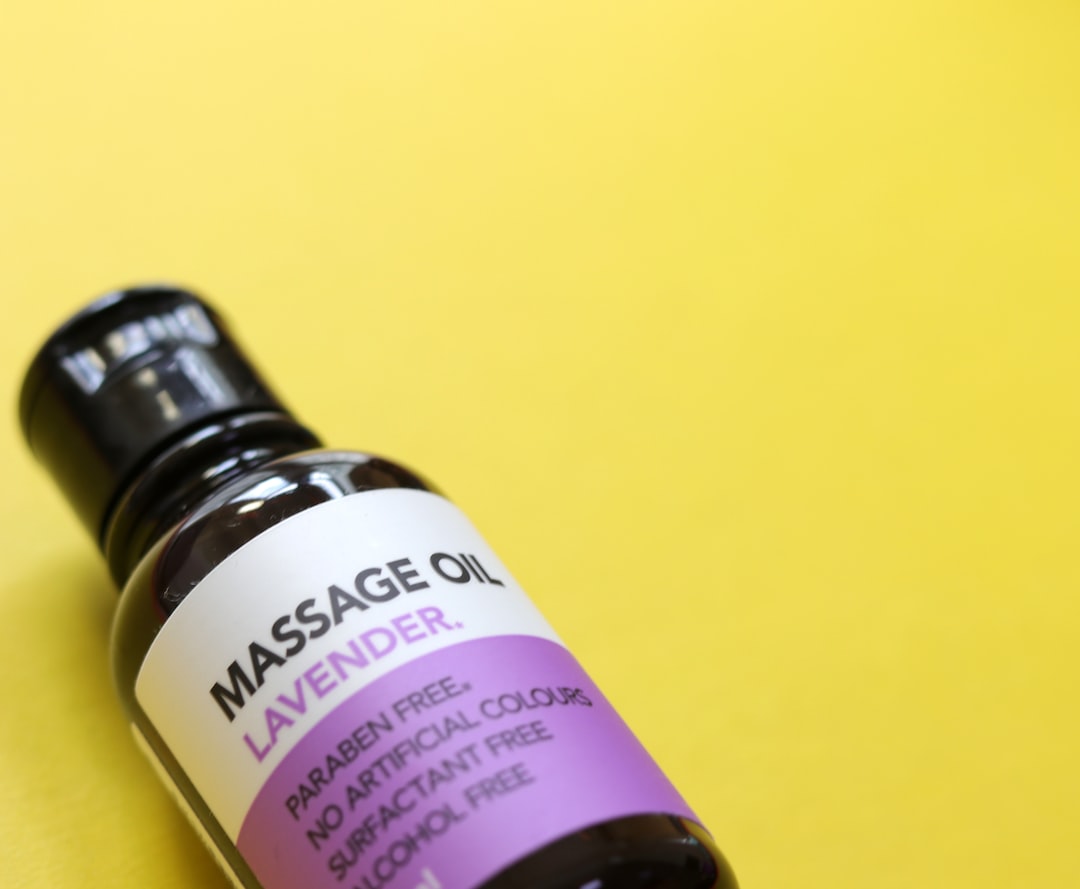3 Ways To Overcome Mental Exhaustion And Stay Productive Throughout The Day
3 Ways To Overcome Mental Exhaustion And Stay Productive Throughout The Day
1. Introduction
Mental exhaustion is a common problem that many people face. It can be caused by a number of factors, such as stress, anxiety, and burnout. If you are someone who regularly feels mentally exhausted, then you know how debilitating it can be. It can make it difficult to concentrate, make decisions, and be productive.
There are a number of things that you can do to overcome mental exhaustion and stay productive throughout the day. In this article, we will explore 3 of those things. By following these tips, you can start to feel more energized and motivated to get things done!
https://unsplash.com/@enginakyurt
2. Identify The Source Of Your Mental Exhaustion
Identifying the source of your mental exhaustion can be one of the most important steps towards overcoming it. A few common sources of mental exhaustion include stress, anxiety, and burnout.
Stress is a common source of mental exhaustion. It can be caused by outside factors such as work, relationships, or your environment. It can also be caused by internal factors such as worrying or overthinking.
Anxiety can be another cause of mental exhaustion. Anxiety can come from feeling overwhelmed, unsure about the future, or having an irrational fear.
Burnout is when you feel overwhelmed, unmotivated, and like you are losing enjoyment from activities that you used to find fulfilling. When feeling burned out it is usually because one is feeling stressed and overworked.
Identifying the source of your mental exhaustion is a great first step towards overcoming it. It can also help you come up with strategies to cope with it. Some strategies may include eliminating sources of stress, seeking out therapy or other professional help, or developing relaxation techniques. Knowing the source of your mental exhaustion can help you create an effective plan that can make a real difference.
https://unsplash.com/@enginakyurt
3. Make A plan to Address The Source Of Your Mental Exhaustion
Once you have identified the source of your mental exhaustion, the final step is to create a plan of action to address it and ensure that you stay productive throughout the day. This plan should include ways to actively manage your stress or anxiety and ways to ensure that you are doing activities that make you happy and energetic, rather than running yourself into the ground. Consider the following points when you make your plan:
1. Prioritize Mental Health - Set boundaries, practice self-care activities, build a strong support network, and find ways to relax and de-stress.
2. Be Flexible - Find ways to break up your tasks and pay attention to the amount of work you have to do. This can not only help you be more productive, but will also help you avoid getting bogged down and overwhelmed.
3. Reduce Distractions - Set aside a specific time during your day and designated areas where you can focus on completing tasks without distraction.
With a plan of action tailored to your individual needs, you will find it much easier to overcome mental exhaustion and stay productive throughout the day, no matter the source!
https://unsplash.com/es/@haleyephelps
4. TakeBreaks And Set Boundaries
Taking regular breaks and setting boundaries are essential for managing your mental exhaustion. Breaks give your mind a much-needed rest from any difficult tasks and can help you stay productive throughout the day. Taking a break can be as simple as going for a walk, calling a friend for a chat, or listening to some calming music.
Setting boundaries is also important. You should set both mental and physical boundaries – mental boundaries to ensure that you don’t stretch yourself too thin, and physical boundaries to help reduce any distractions at work. This could mean setting a specific time frame for your breaks, or avoiding certain activities or people that cause you stress.
Finally, don’t forget to be kind to yourself. It’s OK to take a break and rest when you need it. However, if you find yourself feeling unmotivated or overwhelmed, it might help to try some low-impact tasks or engage in activities to help you feel more energized.
https://unsplash.com/@morsha
5. Find Ways To Relax and Unwind
Finding ways to relax and unwind is key for managing mental exhaustion and productivity. It is important to find activities that work for you and help you relax.
1. Exercise - Exercise is one of the best ways to relieve stress and reduce mental exhaustion. A 30-minute walk, some yoga poses, or a quick session of aerobics can help you unwind and clear your mind.
2. Take a Hot Bath - Taking a hot bath can soothe aching muscles and provide deep relaxation. Try adding Epsom salts and essential oils to your bath for added benefits.
3. Breathing Exercises - By focusing on your breath, you can reduce stress and mental fatigue. Try deep breathing exercises or guided meditation.
4. Journaling - Writing down your thoughts, feelings and experiences can be a great way to process them. Make it a habit to journal and allow yourself to express your feelings.
5. Spend Time With Nature - Spending time outdoors is a great way to relax and get away from the stress of everyday life. Get some fresh air, do some gardening or take a nature walk and enjoy the peace and quiet.
https://unsplash.com/@claytonrobbins
6. Seek Professional Help If Necessary
If you are feeling overwhelmed and unable to cope with the demands of life, you may need to seek professional help. Mental health professionals, such as counselors and therapists, can help you cope with stress and exhaustion and provide guidance on how to manage your mental health.
This can involve talking through feelings or thoughts, developing better coping strategies, or exploring alternative solutions for life challenges. Your doctor may also refer you to a psychiatrist, who can assess and diagnose mental health concerns, provide talk therapy, or prescribe medications if needed.
Sometimes admitting that you need help can be difficult, but it is an important step in the process of managing mental exhaustion and staying productive. Professional help can provide an impartial perspective and much-needed support. It is also important to remember that it is a privilege to seek and receive help, and not something to be ashamed of.
https://unsplash.com/@morsha
7. Conclusion
As you can see, mental exhaustion and productivity do not have to be mutually exclusive. Learning how to cope with stress, taking breaks throughout the day, and seeking professional help when needed can help you manage mental exhaustion and maintain productivity.
It is important to make time for yourself, take breaks throughout the day, and seek help when needed. Doing so can help prevent burnout, improve your overall wellbeing, and help you maintain a healthy balance between work and life.
For any question, please contact us in OpenTimeClock.com. https://www.opentimeclock.com.
Created with the Personal Edition of HelpNDoc: Effortlessly Create Professional Documentation with HelpNDoc's Clean UI





